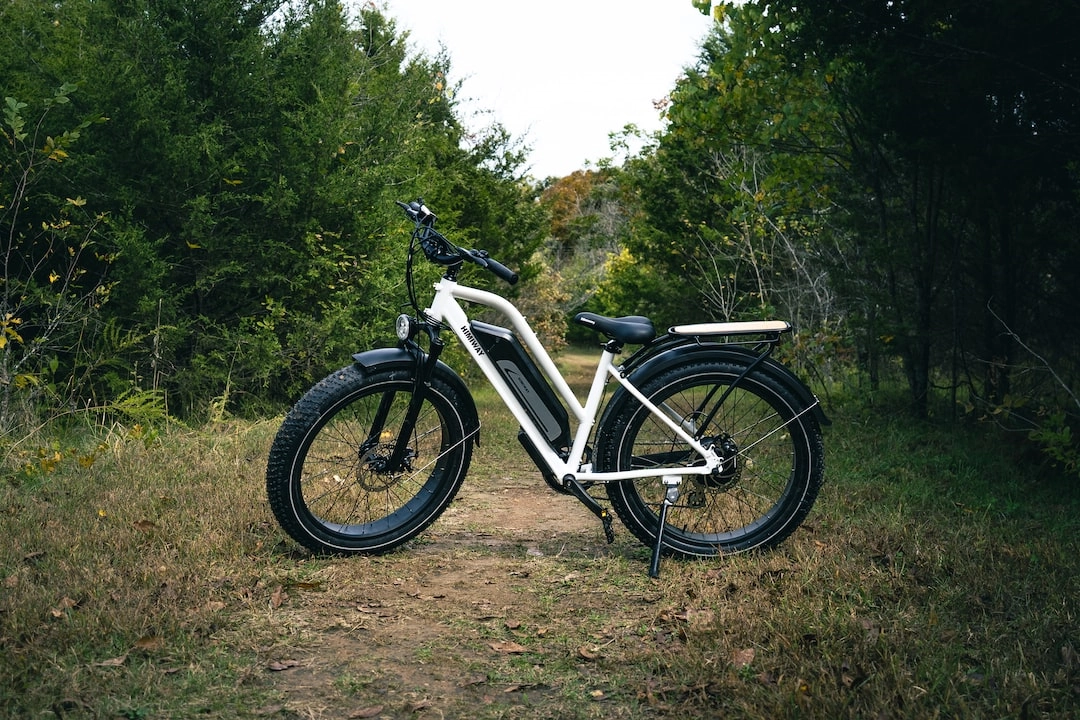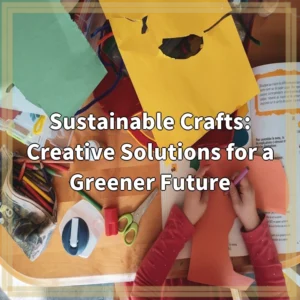What it is:
Eco-friendly weddings, also known as green weddings or sustainable weddings, are celebrations that have a minimal impact on the environment. These weddings prioritize ethical and eco-conscious choices throughout the planning process and aim to reduce waste, conserve resources, and promote sustainability.
Real-World Problems:
1. Waste Generation:
Eco-friendly weddings address the issue of waste generation and aim to minimize the environmental footprint associated with traditional weddings. Traditional weddings often generate significant amounts of waste, from single-use plastics to excess food, packaging, and decorations. These waste products contribute to landfill pollution and carbon emissions.
2. Carbon Footprint:
Weddings typically involve transportation, energy consumption, and resource usage, all of which contribute to carbon emissions. Eco-friendly weddings seek to reduce the carbon footprint by opting for venues that are easily accessible or choosing locations close to guests to reduce travel requirements. Additionally, incorporating renewable energy sources, such as solar or wind power, and promoting energy-efficient practices can help minimize the carbon footprint associated with weddings.
3. Resource Depletion:
Traditional weddings often consume vast amounts of resources, including water, energy, and materials. From excessive water usage in flower arrangements to the production of various products for the event, these weddings put a strain on natural resources. Eco-friendly weddings aim to conserve resources by opting for sustainable alternatives, such as using locally-sourced and seasonal food, using recycled or upcycled materials for decorations, and choosing plant-based or biodegradable products.
4. Chemical Pollution:
The use of chemicals, such as pesticides, synthetic dyes, and toxic cleaning products, can have detrimental effects on the environment and human health. Eco-friendly weddings promote the use of organic and natural products, from the food served to the cleaning agents used. By avoiding chemicals, these weddings minimize pollution and promote a healthier and more sustainable environment.
5. Social Impact:
Eco-friendly weddings also consider the social impact of the event. This includes ensuring fair labor practices, supporting local businesses and artisans, and promoting inclusivity and diversity. By engaging with local communities, eco-friendly weddings contribute to positive social change and support local economies.

Solutions for Eco-Friendly Weddings:
1. Waste Reduction and Recycling:
Implement strategies to minimize waste generation, such as using reusable or compostable materials, avoiding single-use plastics, and encouraging recycling and proper waste management practices.
2. Carbon Footprint Mitigation:
Choose eco-friendly transportation options, such as carpooling or using electric vehicles, and incorporate renewable energy sources for the event. Offset any remaining carbon emissions through investing in carbon offset projects.
3. Resource Conservation:
Opt for sustainable and mindful choices, such as using locally sourced and organic food, opting for seasonal and native flowers, and reusing or repurposing decorations and materials. Minimize water usage and promote energy-efficient practices.
4. Use of Non-Toxic and Eco-Friendly Products:
Avoid the use of harmful chemicals by opting for natural and organic products for food, beverages, cleaning, and personal care. Choose vendors and suppliers that prioritize sustainability and eco-friendly practices.
5. Impactful Social Practices:
Support local businesses, artisans, and vendors that align with sustainable principles. Embrace inclusivity and diversity in the wedding planning process and promote ethical labor practices.













